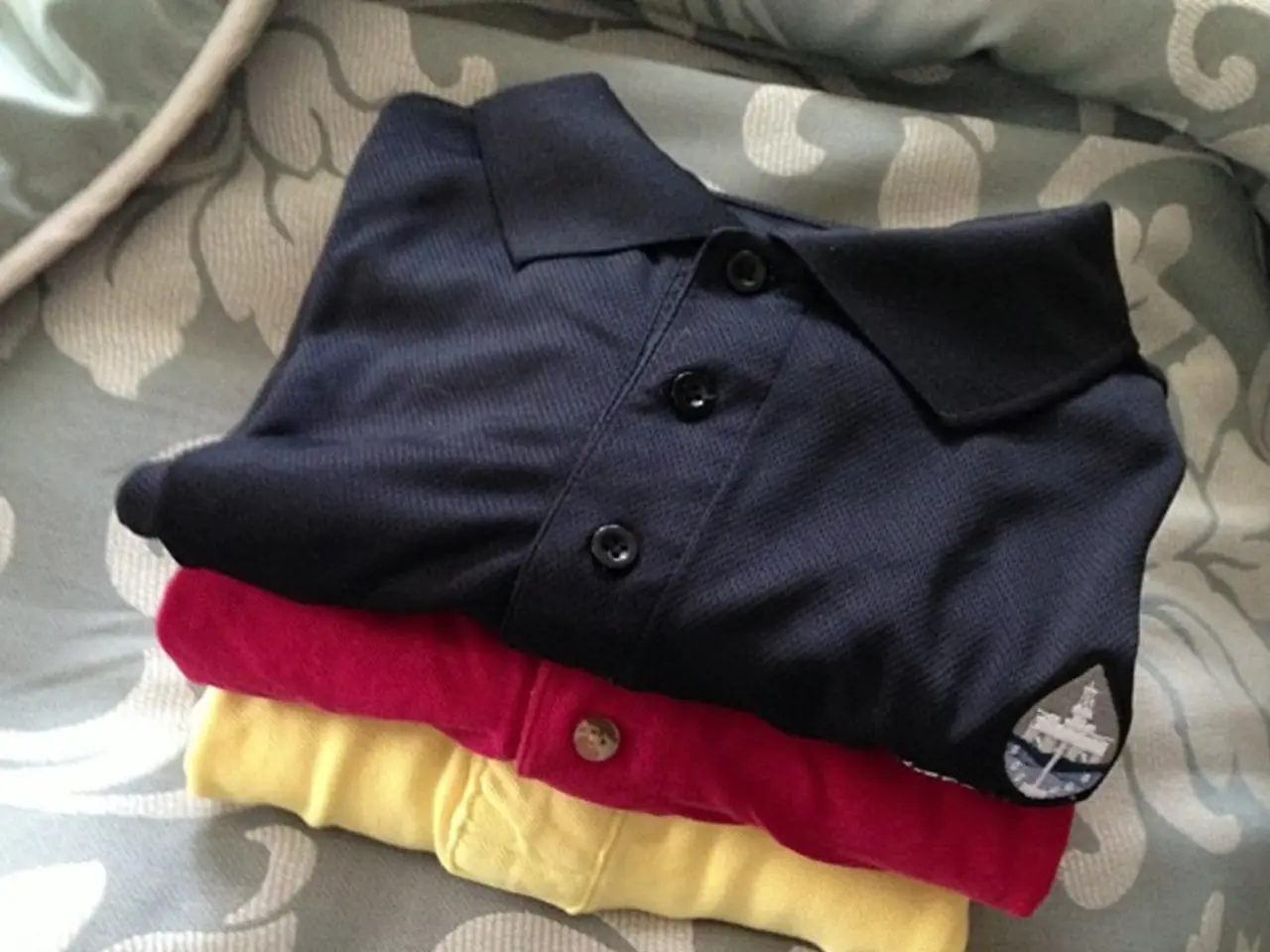Guide to Finding Clothing Business Manufacturers: A Comprehensive Overview
In the world of fashion and apparel, choosing the right clothing manufacturer is a crucial step in launching a successful clothing line. Here's a guide to help you make an informed decision.
Working with a manufacturer offers several advantages. For one, a manufacturer's close location can lead to faster shipment times and lower transportation costs. Moreover, by partnering with a manufacturer, you can focus on other aspects of your company like design, marketing, and client interaction, while saving time on clothing manufacturing.
When it comes to finding a reliable manufacturer, there are various options available. For instance, specialized private label manufacturers in the USA, such as Argus Apparel, offer full-service support from design to production. Online B2B directories and platforms like Maker's Row, Fibre2Fashion, and Kompass allow you to filter manufacturers based on product type, region, certifications, and minimum order quantities, making it easier to find a manufacturer that suits your specific needs.
Quality fabric sourcing and customization with speed and supply chain transparency can be achieved by opting for domestic fabric manufacturers based in the US. If you prefer to customize existing garments, vendors offering wholesale blank apparel, such as Next Level Apparel or Business T-shirt Club, are also worth considering.
Evaluating a manufacturer's credibility is essential. Methods to judge a manufacturer's credibility include references and reviews, online review sites like Google Reviews, Trustpilot, BBB, Yelp, industry-specific forums and websites, social media platforms, portfolio and previous work, certifications and compliance, physical location and facility visit, communication, responsiveness, and consistency in deliverables, years in business, and online presence.
It's important to discuss the costs, payment terms, lead times, and services provided by the manufacturer, such as labeling and packing. Additionally, manufacturers who offer sample development, branding services, flexible minimum order quantities, and transparent communication are more likely to support your brand's growth effectively.
The manufacturer's quality assurance procedures and processes to maintain consistent quality are also important to verify. Communication with the manufacturer throughout the production process is crucial to ensure everything is on track, handle issues, and give feedback. Due to the necessity for specialized machinery, highly experienced workers, and supplies, producing garments in-house can be expensive. Apparel manufacturers frequently benefit from economies of scale that let them create clothing at more affordable prices.
Alternatives to clothing manufacturers for starting a clothing business include dropshipping, wholesale, and print-on-demand. Each method has its pros and cons, and the best choice depends on your specific business needs and goals.
In conclusion, choosing the right clothing manufacturer is a crucial decision that can significantly impact your clothing business. By considering the factors discussed in this guide, you can make an informed choice and set your business up for success.
- To maintain consistency in quality and affordability, consider domestic fabric manufacturers based in the US and wholesale blank apparel vendors like Next Level Apparel or Business T-shirt Club.
- For a smooth business operation, concentrate on design, marketing, and client interaction while partnering with a reliable manufacturer like Argus Apparel or finding one through B2B directories and platforms such as Maker's Row, Fibre2Fashion, and Kompass.
- Before finalizing a manufacturer, evaluate their credibility based on references, reviews, certifications, and compliance, as well as physical location, communication, responsiveness, quality assurance procedures, and years in business.




